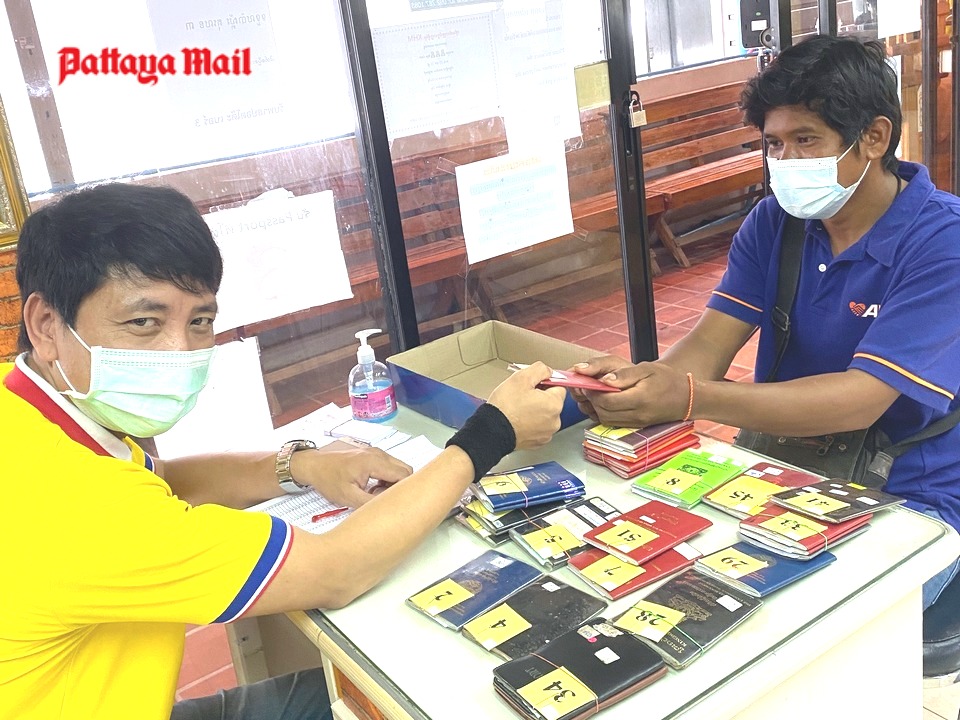
The pandemic has reduced the need for foreign labour to supplement the Thai workforce by up to 50 percent. In 2019, Chonburi province (which includes Pattaya) hosted 300,000 foreign workers. According to the Department of Labour, that number had shrunk to 158,000 by the beginning of 2021. It is now around 90,000, mostly from Myanmar but with some Cambodians and Laotians.
Foreigners formerly employed in the food and hospitality sectors have been declared redundant, although the construction industry in Pattaya and the fishing industry in the eastern provinces are still dependent on economic migrants. Over 20 factories in the province have forcibly closed, owing to fear of spreading Covid-19 and many foreign worker camps have been shuttered too. Although land border posts are open to receive returning workers, most citizens of Myanmar have refused to go back because of the violence created by the February 1 military coup.
Recognizing the problem, the Thai government announced earlier this month that registered foreigners could remain for a further year from the expiry of their visa, whether employed or not. Many of those unemployed lack ongoing accommodation and are lodged with friends or are sleeping rough. Some migrants have married Thai spouses and have families. Very few, if any, have yet received an anti-Covid jab because of the shortage of vaccines locally.
“Chang” Sriboo, an attorney who heads the provincial Foreign Worker Employment Agency based next to Jomtien immigration police headquarters, said, “Employers are not recruiting right now, although laborers are still required for several ongoing condominium and housing projects. He added that the migrants, whether employed or not, must register every 90 days with the Agency and notify any change of address.
Thai police stress that the main problem now is illegal immigration fanned by Burmese gangs who tell lies to desperate people that there are job opportunities in Thailand and charge up to 15,000 baht to guide them across unmarked borders. Those arrested en route are returned to the border areas for deportation, although some are allowed to remain on Thai soil if they agree to work in the food-growing industries in remote provinces for paltry wages.
The Center for Covid-19 Situation Administration has announced that none of the migrants will be deported without undergoing two weeks of compulsory quarantine in state-run accommodation. There are also Memoranda of Understanding between the Thai government and its neighbors which give basic human rights to those registered for work. The unregistered are not included in the agreements. Their number could be as high as 2,000.
 |
 |
 |





